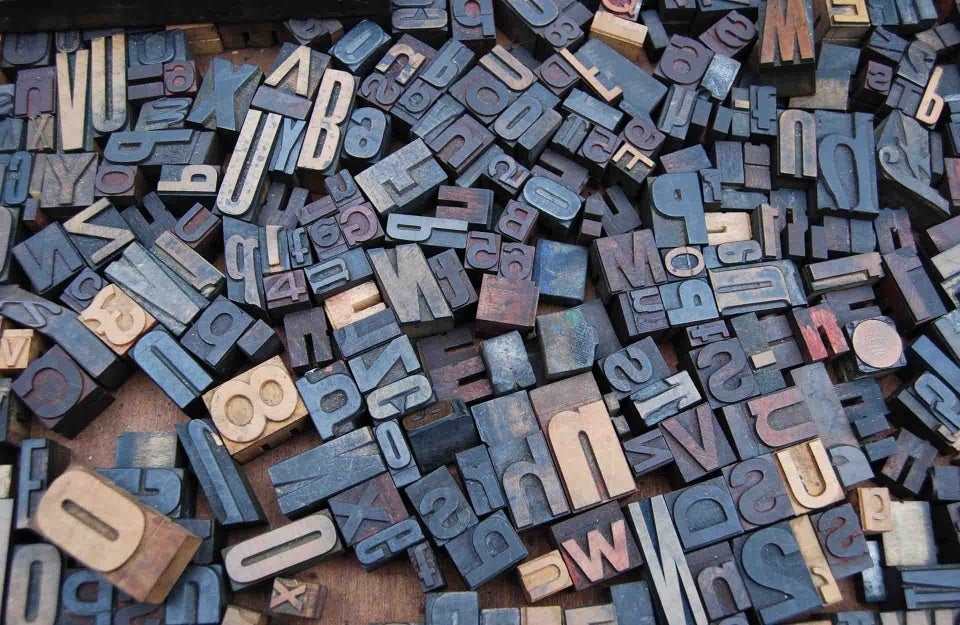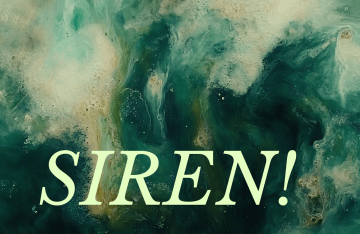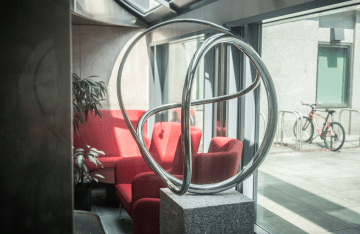Call for Papers: Troubling Translation(s)
Graduate students are invited to submit papers that consider translation as concept, practice, and method.

Photo Credit: Amador Loureiro / Unsplash
Troubling Translation(s) Graduate Student Conference
University of Pennsylvania • February 21-22, 2020
The University of Pennsylvania’s Center for Advanced Research in Global Communication, Program for Comparative Literature and Theory, Department of South Asia Studies, Department of Religious Studies, Middle East Center, and South Asia Center invite graduate students of all stages to consider translation as concept, practice, and method. Our discussions will be oriented around the constructive consideration of written work submitted by presenters prior to this conference. They will be driven by the following questions:
- How do we move beyond the familiar conceptualization of translation as a logo-centric, singular, uni-directional event to discern its multidirectional, multiform, and processual dimensions?
- How does the multidirectional quality of translation as process involve its subject and object? How does subjectivity shape translations, and how do subjects translate themselves?
- In what ways do translations form and become formed by their spatiotemporal context? How do they challenge contemporary notions of sociopolitical and cultural formations?
The conference is interested in expansive interpretations of translation across space and time. Scholarship across the disciplines has challenged and moved beyond frameworks of hybridity, multiculturalism, and syncretism for exploring processes of change and exchange. How have broader spatial, temporal, and material contexts shaped the practical and conceptual concerns of translation? Finbarr B. Flood has conceived translation as a dynamic and multivalent framework capable of accounting for material and intellectual transformation and exchange in the premodern period. More recently, Francesca Orsini has shown how translations within “multilingual locals” generate “worlds” specific to them. How do these concerns lead into the contemporary context? Scholars such as Stuart Hall and Saba Mahmood have considered translation’s relationship to conceptions of racialization and liberal certitude respectively. While Lawrence Venuti has addressed the question of the translator’s invisibility apropos their text, Talal Asad questions the hermeneutical exercise of interpretation and translation, drawing our attention, among other things, to “untranslatability.”
We welcome papers that critically examine translation in and across forms, bodies, languages, media, the visual and performing arts, and religions. Papers may address a range of practices, themes, or concerns. How, for example, did translation figure in the Islamicate and Indic cultural systems of the premodern period? What has been the role of translation, broadly understood, in negotiating relations between non-hegemonic and hegemonic forms across history and geography? In what ways have translations, as events, been put to political or social use, for example in Latin America or in the present North American context? Moreover, how have agents and bodies relied on translation and/or untranslatability to trouble the larger sociocultural systems of which they are a part? Such questions constitute some of the broad spectrum of concerns the conference intends to address.
Guidelines for submissions: Please submit a 350-word abstract outlining your topic along with a title and your name, institution, and year of study by November 4, 2019. Limited grants may be available to supplement travel costs and can be requested via a Google Form during abstract submission. Accepted presenters should submit their final drafts by February 7th, 2020 so as to provide sufficient time for review prior to the conference. Conference applications should be submitted via this Google Form. Questions may be directed to penntranslations@gmail.com.



